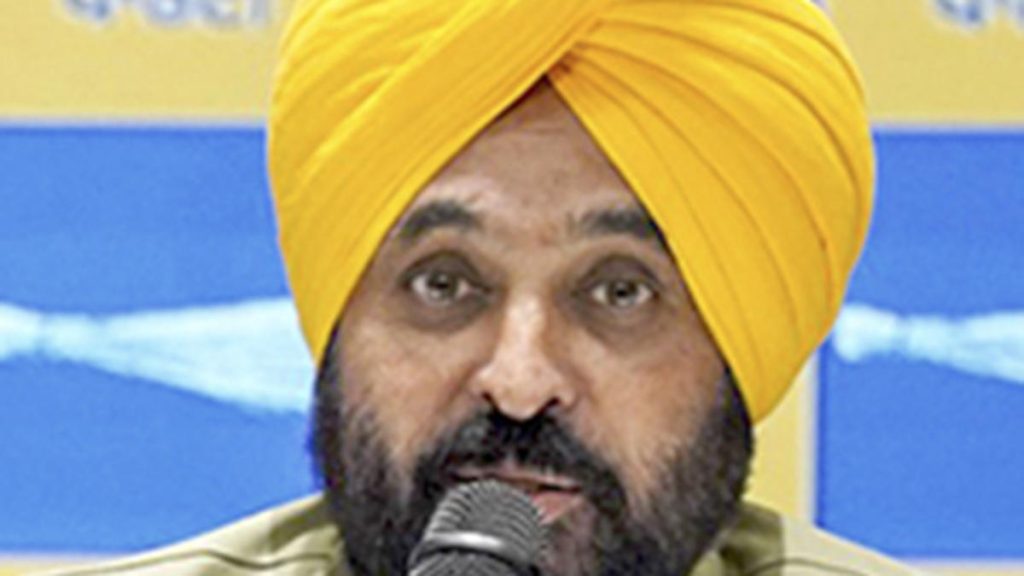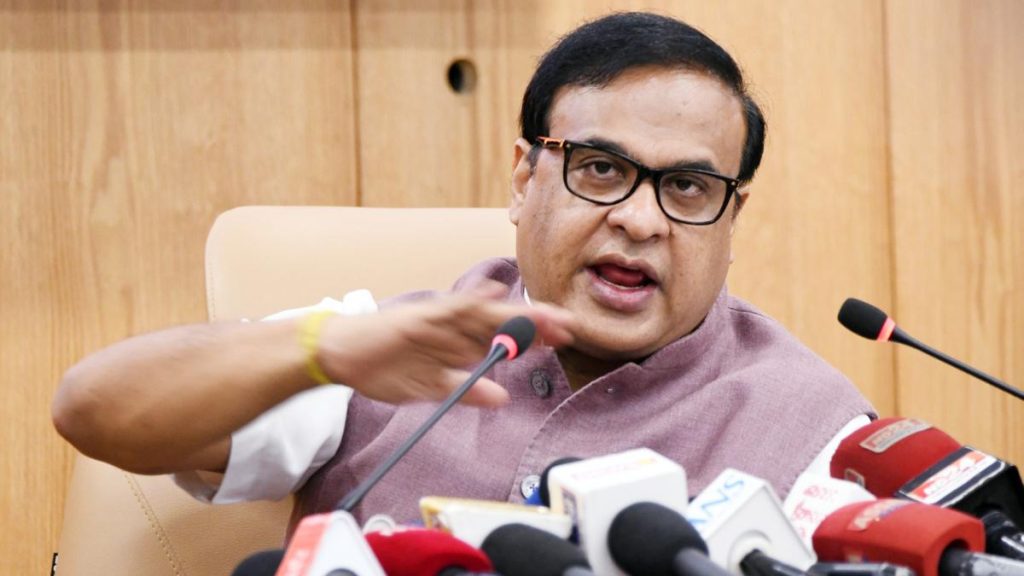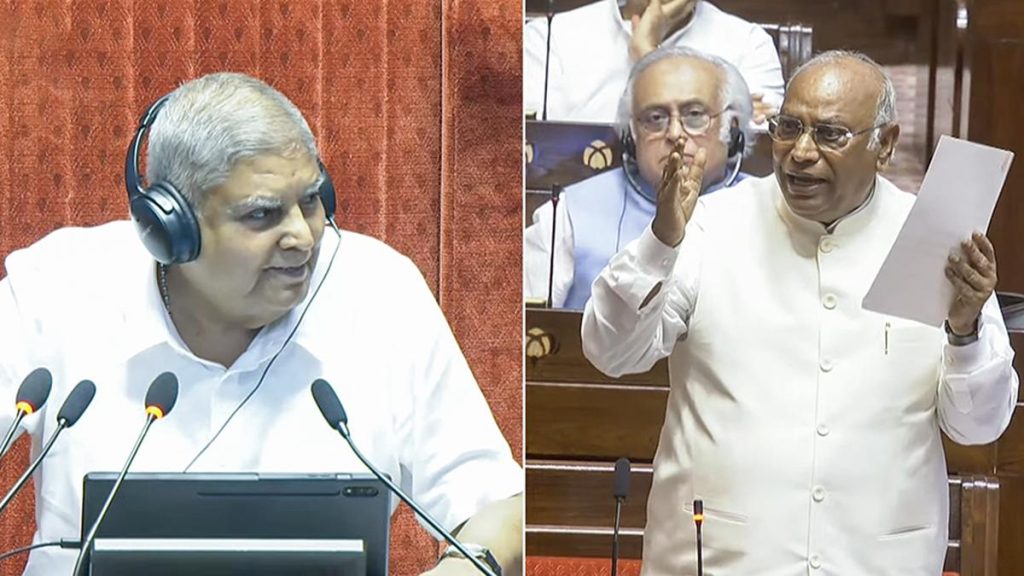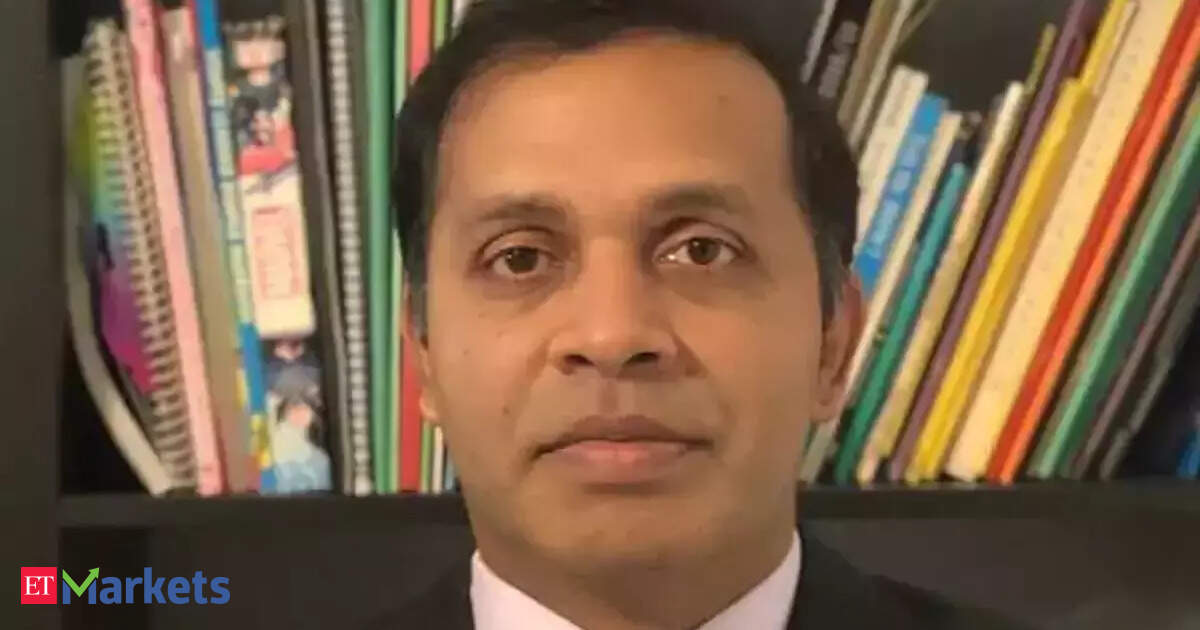Now Reading: Deep Tech Requires Substance Beyond Viral Slides
-
01
Deep Tech Requires Substance Beyond Viral Slides
Deep Tech Requires Substance Beyond Viral Slides

Swift Summary
- Commerce Minister Piyush Goyal criticized Indian startups for focusing on areas like quick commerce and betting apps, contrasting them with Chinese startups working on AI foundational models and deep tech.
- Critics argue this view oversimplifies the startup ecosystem in India, which is still evolving.
- India’s consumer-focused startups have built essential infrastructure like online payments, logistics, and ecommerce over the last decade.
- Success in deep tech requires long-term capital; most Indian VCs favor rapid-growth sectors due to shorter return cycles.
- Lack of domestic funding from big-pocketed institutions such as pension funds or insurance firms remains a key challenge.
- India’s gross R&D spending (0.6%-0.7% of GDP) is far behind countries like China (2.4%) and the US (3.5%), limiting innovation capacity.
- Absence of robust university-to-investor ecosystems akin to Stanford or MIT hampers research-driven entrepreneurship in India.
Indian Opinion analysis
The critique by Piyush Goyal highlights an existing divergence between India’s strengths in consumer-driven technology and ambitions for deep tech innovation.While comparisons with mature ecosystems such as those of China or the US highlight gaps, they risk overlooking the unique trajectory of india’s economic development-a process still prioritizing baseline infrastructural needs for a developing nation.
Indian VCs’ preference for short-term growth sectors reflects practical challenges tied to returns timing rather than lack of vision alone; however, addressing domestic institutional funding barriers might play a pivotal role in structural change over time. The low percentage allocated to R&D underscores systemic issues that require government attention if India aims to compete globally in high-research domains like AI.
Given India’s talent base-including top-tier graduates from IITs-the potential exists for significant breakthroughs once stronger links between academia, VC pipelines, and policy support are established. Without these efforts focusing on both structural reforms and incentivizing risk capital toward research-heavy ventures may limit scalability into globally competitive industries.




























